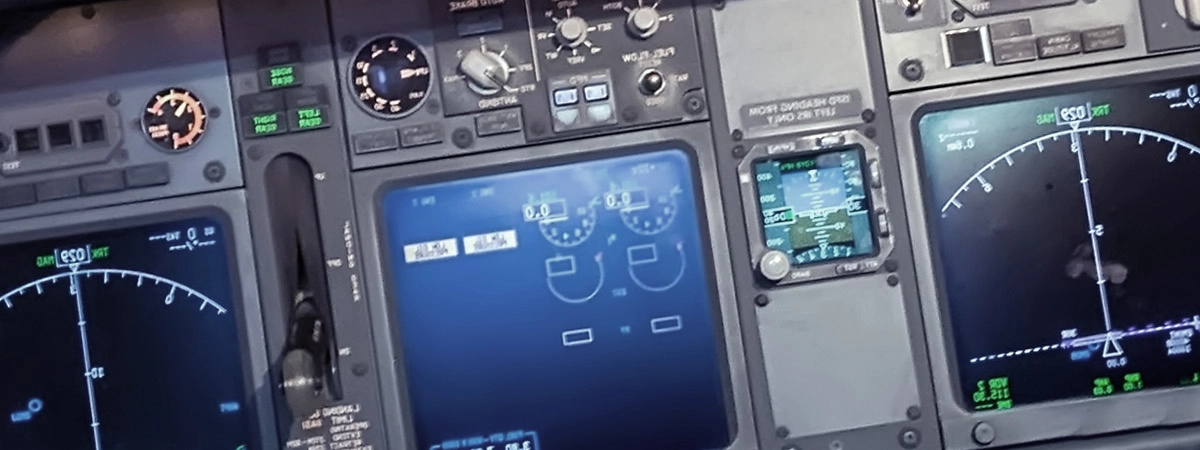IEC 61108-5 BeiDou Navigation Receiver Performance Testing
The International Electrotechnical Commission (IEC) standard IEC 61108-5 is a crucial guideline for the testing of navigation receiver performance, specifically focusing on receivers that utilize the BeiDou satellite navigation system. This standard ensures that devices comply with technical specifications and perform reliably in real-world conditions. The IEC 61108 series encompasses various tests to evaluate the performance characteristics of receivers used in marine applications.
The testing process involves a series of rigorous steps aimed at assessing the accuracy, reliability, and robustness of BeiDou receivers under different environmental and operational scenarios. This includes signal acquisition, tracking, and data integrity checks. Compliance with this standard is essential for manufacturers to ensure their products meet international quality benchmarks and can be trusted in critical applications.
The testing procedures are designed to simulate the conditions that a marine navigation receiver might encounter during its lifecycle. These include varying levels of signal strength, interference from other electronic devices on board ships, and environmental factors such as temperature fluctuations and humidity. The standard also covers tests for power consumption, memory capacity, and integration with other onboard systems.
For quality managers, compliance officers, R&D engineers, and procurement teams, ensuring adherence to IEC 61108-5 is vital. This not only guarantees the reliability of marine equipment but also enhances safety at sea by ensuring that navigation aids function correctly under all conditions. The standard provides clear guidelines on how to conduct these tests accurately and consistently across different manufacturers.
Compliance with this standard can lead to several advantages for companies operating in the maritime sector. It ensures that their products are up-to-date with international standards, which is increasingly important as regulations evolve. Additionally, compliance reduces the risk of non-compliance penalties and enhances brand reputation among customers who value quality and safety.
Real-world usage notes indicate that many manufacturers have successfully implemented these tests in their R&D processes. For instance, by conducting IEC 61108-5 compliant testing early in the development cycle, companies can identify potential issues before product release, thereby saving time and resources later on.
| Applied Standards | Description |
|---|---|
| IEC 61108-5 | Defines the requirements for testing BeiDou satellite navigation receivers used in marine environments. |
| ISO/IEC Guides 98-3 | Guideline for the expression of uncertainty in measurement. |
| Industry Applications | Description |
|---|---|
| Marine Navigation Systems | Vessels, ships, and other marine equipment requiring satellite-based navigation solutions. |
| Remote Monitoring Systems | Sensors integrated into marine infrastructure to provide real-time data for maintenance and operational planning. |
- Benefits: Ensures product reliability, enhances safety at sea, reduces compliance risks, improves brand reputation.
- Industry Applications: Marine navigation systems, remote monitoring systems, autonomous shipping technology.
Applied Standards
| Standard | Description |
|---|---|
| IEC 61108-5 | This standard specifies the requirements for testing BeiDou satellite navigation receivers used in marine environments. It covers various aspects such as signal acquisition, tracking performance, and data integrity checks. |
| ISO/IEC Guides 98-3 | Provides guidelines on how to express uncertainty in measurements, which is crucial for accurate testing results. |
Benefits
- Enhanced Reliability: Ensures that marine navigation receivers perform consistently and accurately under all conditions.
- Increased Safety: By adhering to IEC 61108-5, manufacturers can significantly reduce the risk of accidents caused by equipment failure.
- Compliance Assurance: Helps companies avoid potential penalties associated with non-compliance with international standards.
- Improved Brand Reputation: Demonstrates commitment to quality and safety, which is increasingly valued by consumers in the maritime industry.
- Cost Savings: Early identification of issues through thorough testing can save time and resources during later stages of product development.
Frequently Asked Questions
Industry Applications
- Marine Navigation Systems: Vessels, ships, and other marine equipment requiring satellite-based navigation solutions.
- Remote Monitoring Systems: Sensors integrated into marine infrastructure to provide real-time data for maintenance and operational planning.
- Autonomous Shipping Technology: Self-navigating ships that rely on BeiDou receivers for accurate positioning and tracking.





